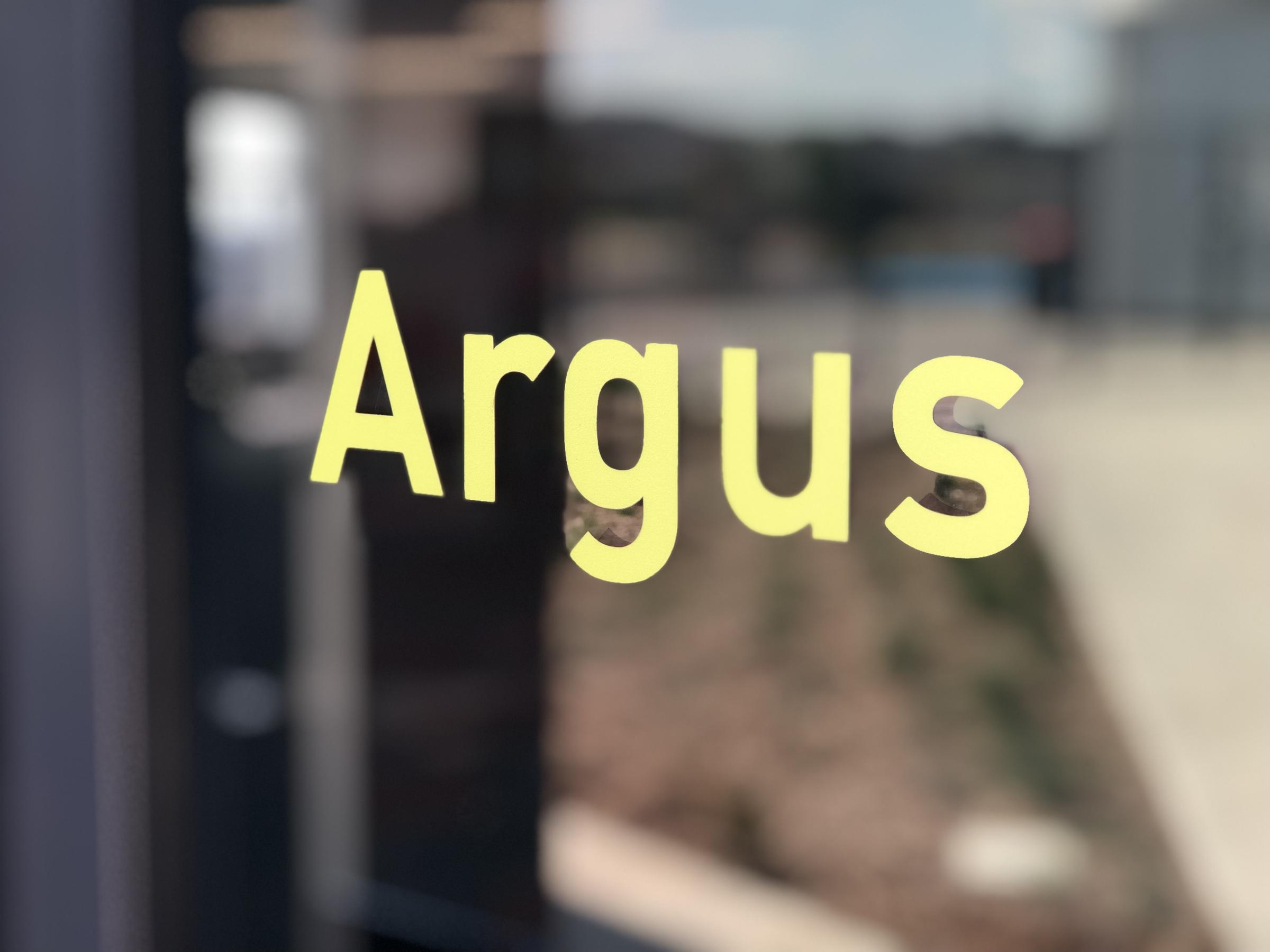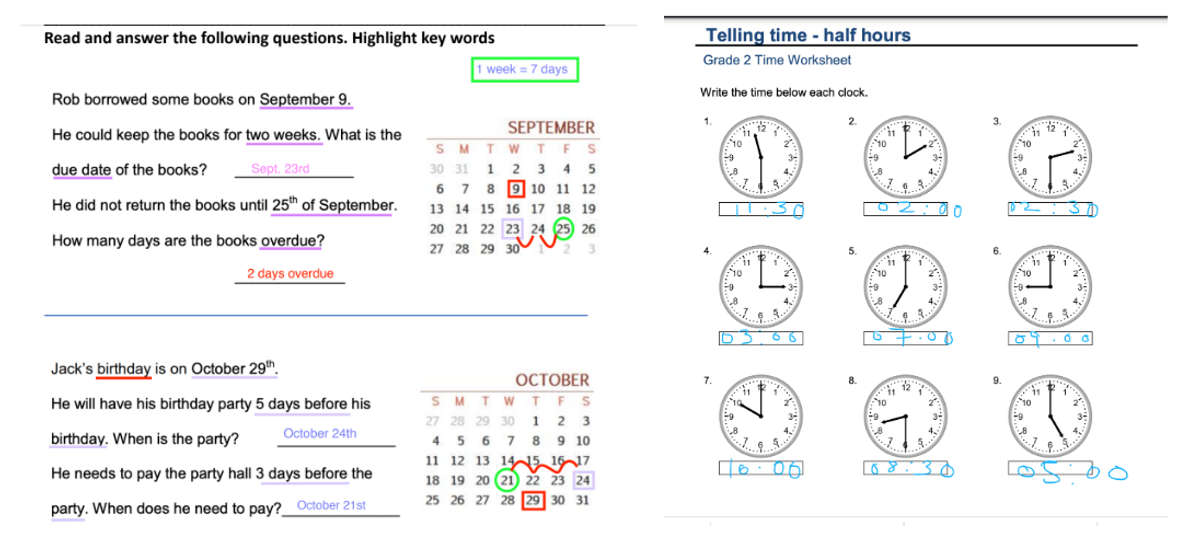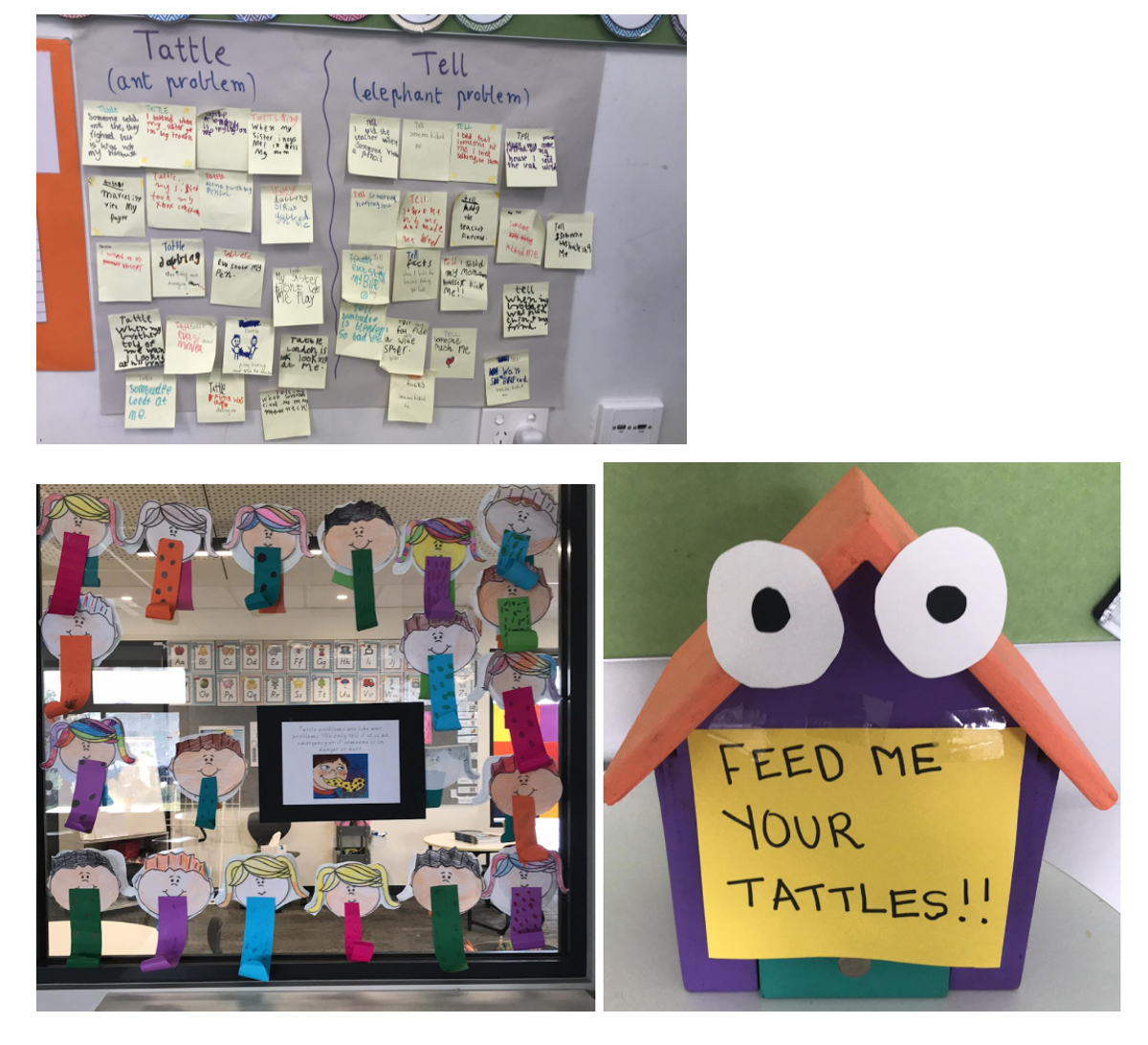Argus Community Report

Term 3 2021
Dear Families,
Officially half way through the year and starting term 3! It has been a pleasure to have finally met all families during Parent Teacher Interviews at the end of term 2.
It was great to see students settle in very quickly for the first 4 days of week 1. Moreover, we are immensely proud of our Argus community on how well they have adapted to the sudden snap lockdown and move to remote learning. We would like to take this time to also commend all families for all their efforts and time helping their child to make home learning enjoyable and busy learning.
This term will be an exciting one with lots of new topics such as multiplication in maths, author studies in writing, and inquiring into living and non living things.
We look forward to being back onsite. Stay safe!
Reading
In reading teachers have been using big books to model fluency and focus on comprehension and phonological awareness. Reading a book several times helps with learning from different perspectives and helps absorb different elements over time. Students and teachers change what we focus on daily so we don’t get tired of reading the same text. This is also highly recommended for home readers. Students are bringing home readers home nightly. They should be able to read these confidently, with minimal errors, to practice their fluency and comprehension. During online learning students have been completing tasks to develop their fluency. Students were given the opportunity to record themselves reading and and evaluate themselves. We are very proud of everyone's efforts and you should be too.
Writing
This term students started off writing by planning and writing a recount about what they did during the school holidays, and revising what students know about how to make a plan before writing. The next writing genre we will cover is information texts. Students will learn about the features of the text type such as headings, diagrams and labels. They will then choose an animal to write about.
Maths
In Maths this month we have been learning about all aspects of time included in the curriculum. Starting with the Days of the Week, Months of the Year and Seasons. We learnt about the duration of these events and the sequence in which they occur.
Students have been learning about how the day is split into morning and afternoon, hours, minutes and seconds.
Students have been learning how to read and show the times on digital and analogue clocks. They have been learning to make times for o’clock, half past, quarter to and quarter past the hour. They have also been learning about elapsed time. i.e. how much time has passed between two events, e.g. If I read from 11 o’clock to 12 o’clock How long did I read for?
Social and Emotional Learning
In Social and Emotional learning students have been looking at ‘Tattle’ and ‘Tell’ problems. Tattle problems are small problems that students can solve on their own such as someone took someone else's pencil. Students have learnt that ‘Tell’ Problems are for when there is an emergency, someone is hurt or in danger.
Students have also been investigating what it means to play fairy and ways they can treat others with kindness and respect when playing games or activities inside and outside the classroom. Throughout remote learning students have been practising ways to care for themself such as eating healthily, taking regular breaks, getting enough sleep and ensuring they have time away from the screen.
Inquiry
In Inquiry this term we are exploring the topic of Living and Non-living things. The students have been looking at the features of living things. We have explored that living things do certain things that non-living things can not do. Living things can: breathe, grow, move, reproduce (make more of themselves) and all living things require nutrients in order to survive. The students sorted living and non living things into categories and identified examples of living things in everyday life. We also looked at the human life cycle and the stages a human goes through as it grows. Students ordered the stages of life from a baby, toddler, child, teenager, adult and eventually becoming an elderly person.
Victorian Curriculum
Here is the link to the Victorian Curriculum if you would like to take a look at what we cover throughout the year.
https://victoriancurriculum.vcaa.vic.edu.au/level1
Important notes to Remember:
- Doors open at 8:40am
- Dismissal at 3:10pm
- Ensure your child’s belongings are clearly labelled. This includes clothing, drink bottles, hats and lunchboxes (lids too)
- Students are to come to school with a water bottle each day (labelled)
What you can do with your child at home
- Continue to read to and with your child each night.
- Encourage your child to develop more independence. (Help pack/unpack their school bag/lunch, or get their uniform ready)
- Encourage your child to take increased responsibility for their own belongings.
- Establishing a regular routine helps students to develop a positive approach to learning and will benefit them as they progress through their schooling.
- Encourage your child to practise tying their own shoelaces.
- We continue to promote healthy eating at school. We allow students to have a piece of fruit and vegetable break at 10:15am. We try to discourage highly salty, sugary and processed foods. We talk about these foods as ‘occasional’ or ‘sometimes’ food that can be enjoyed on ‘special occasions’ rather than as part of a child’s daily diet.
- If you need to speak to your child’s mentor teacher, please contact the office to pass on the message or organise this before or after school.
Kind Regards,
Argus 1/2 teaching team
Carla, Fanny, Addy, Alex, Elin and Laura





